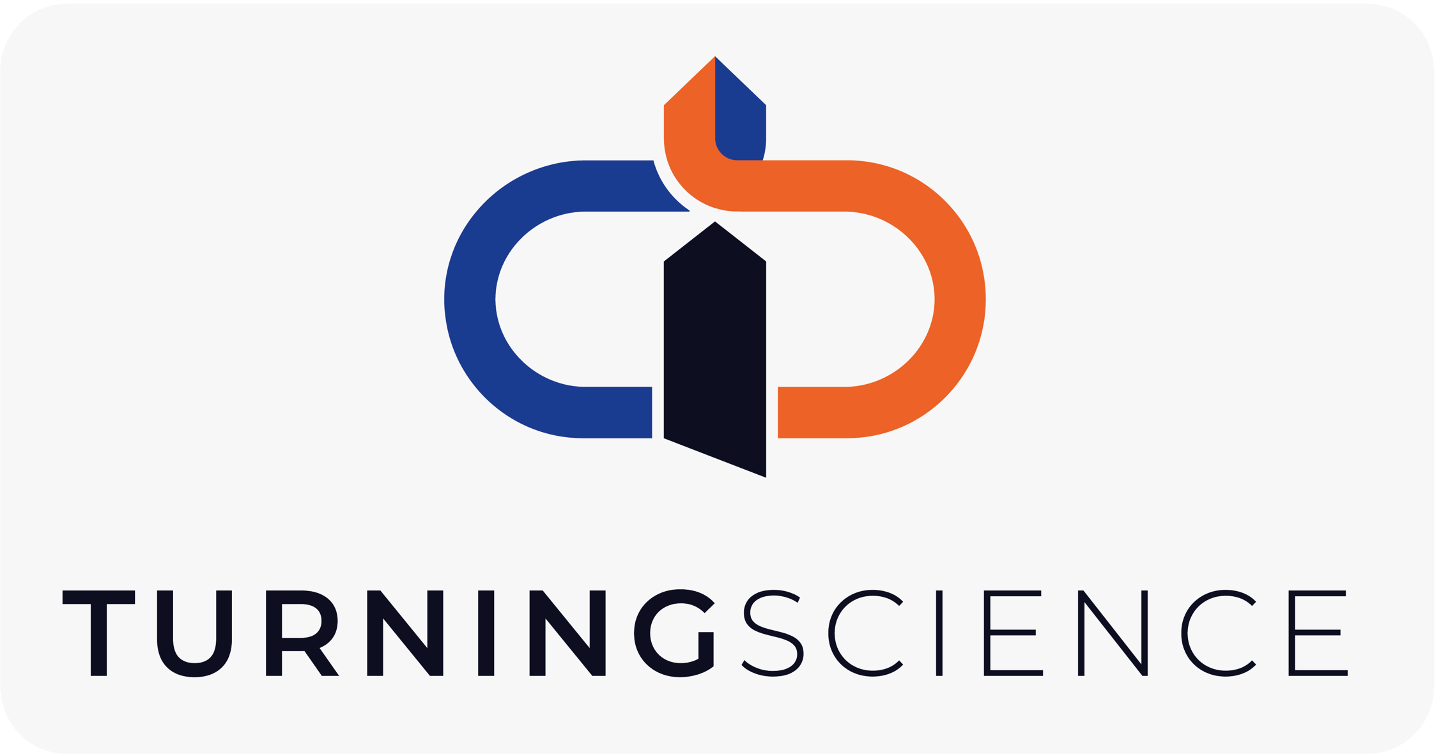Unlocking Research Funding: Why Early-Career Scientists Should Embrace Industry Collaboration
One of the toughest challenges for early-career researchers is finding enough funding to support their work. But there’s a powerful solution that too many scientists overlook: collaboration with the private sector.
The Amazing Value of Academia-Industry Collaboration
One of the biggest concerns I hear from early-career academic researchers: “I’m worried about getting enough funding to build my research program.” Collaboration with industry is one such novel funding source that more and more researchers are utilizing.
The Awesome Power of Being a Facilitator
Devin Grabner is a PhD candidate and graduate research assistant in the physics department at Washington State University. He maintains a wide variety of interests, and has found it to be valuable for making business connections.
While a graduate student, he founded an industry career colloquium that brings speakers in to talk about their experiences working outside of academia. In addition to giving him valuable career advice, the experience of leading this effort has brought many unexpected benefits.
How Many PhDs Stay in Academia?
“How Many PhDs Stay in Academia?”
This question has received a lot of discussion on social media recently. Many detailed studies have been done on the topic, studying a range of geographic locations and scientific disciplines, and the numbers vary between these.
But the conclusion that really matters doesn’t requre expensive and detailed studies…
How Universities can Prepare PhDs for a Changing Job Market
As PhD scientists we have seen first-hand the enormous challenges that PhD scientists face in transitioning into non-academic jobs. We provide an overview of the problems and proposed win-win solutions that universities and graduate school deans can implement.
How ‘smart’ are you?
My first job search was slow and painful. As I talked with people at each new company, I found myself fumbling for a clear and powerful statement of exactly how I could help them.
I was a PhD scientist with years of lab experience and a deep knowledge of the physical sciences. Wasn’t that enough??
For months my job search produced no results. It was very frustrating.
How I got a job (by ignoring most companies)
My first job search was slow and painful. As I talked with people at each new company, I found myself fumbling for a clear and powerful statement of exactly how I could help them.
I was a PhD scientist with years of lab experience and a deep knowledge of the physical sciences. Wasn’t that enough??
For months my job search produced no results. It was very frustrating.
How to make hard decisions quickly
What do I still struggle with the most as a scientist in industry?
Make hard decisions quickly, often when I’d really really like to have more data. But I don’t have the time.
I find many scientists struggle with the same thing.
How to Impress an Interviewer
How do you impress an industry interviewer with your academic research experience? Tell great stories!
Founder Fresh Takes #4 - Getting it all done
When starting a company, there are a seemingly infinite number of tasks that must be completed.
There are the obvious big tasks like product development and finding your first customers, but smaller tasks like building a website, creating product literature, and accounting for the money you spend cannot be ignored.
How do you get everything done when you don't yet have enough startup capital to hire a staff?
Founder Fresh Takes #3 - Marketing + Sales = Success
For a scientist starting a company, learning the distinction between marketing and sales could mean the difference between success and failure.
The Biggest Struggle
What is the biggest struggle that PhD scientists have in industry?
It’s not a lack of skills.
It is thinking and working habits learned in a research lab that don’t work in a company setting.
Founder Fresh Takes #2 - Should you patent your great idea?
When a scientist starts a company, they generally know that protecting their intellectual property is very important. But they often believe that filing patents to protect their ideas is the best approach to securing their ‘freedom to operate.’ Some view the filing of patents to be among the most import early-stage tasks.





















